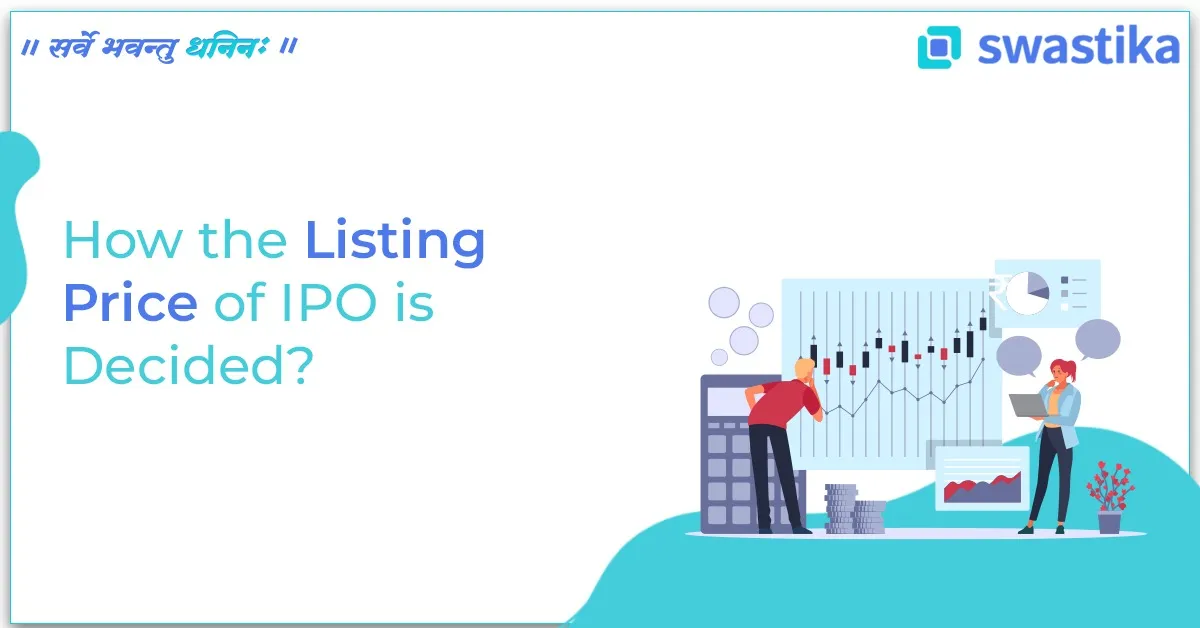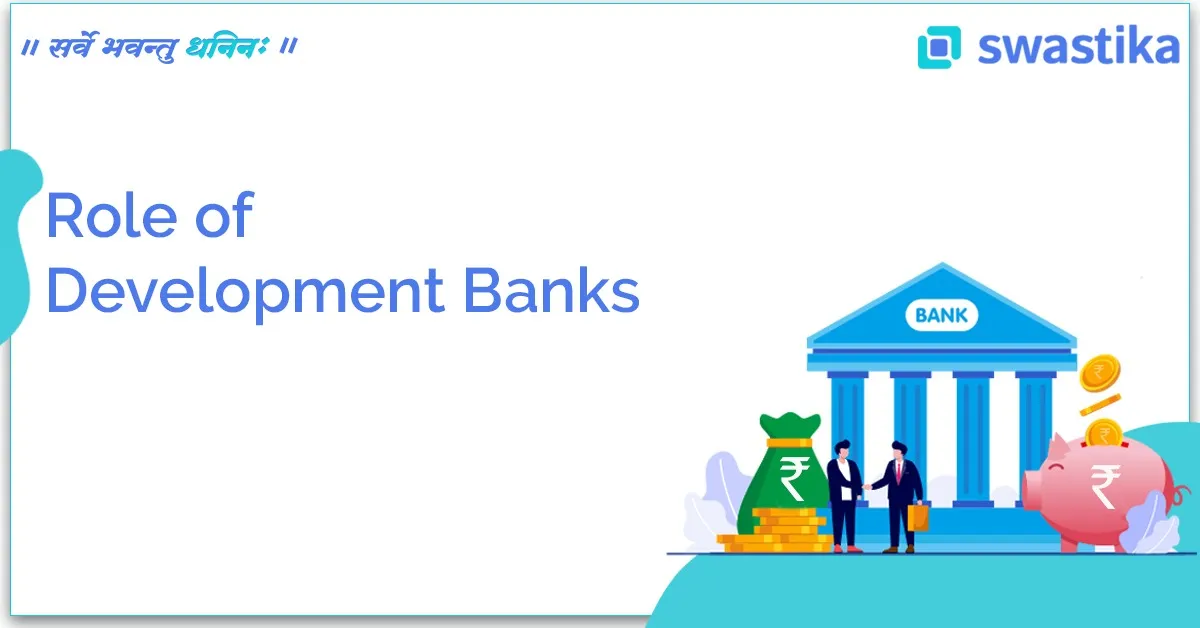Commodities and equities trading is something that has become common in India by now. But a high potential market which most of the traders and investors are unaware of is the currency market. Currency trading holds great potential of earning profits if the traders are able to spot the right opportunity and can use those opportunities for their benefit.
Things to Know about Currency Trading
Here are 6 top things you should know about currency trading
What is the Currency Market?
The currency market is a market that involves participants from all across the world. The currency market facilitates the buying and selling of different currencies. The major participants of currency trading include commercial banks, the central bank, corporations, various investment management funds, hedge fund managers, forex brokers, and last but not the least investors and traders like you and me.
What is Currency Trading?
Currency trading, as the name suggests, is the buying and selling of international currencies. The banks and financial institutions are often involved in the act of currency trading. Individual investors can also indulge in currency trading as it is legitimate. The profit from currency trading is earned due to the variations in the exchange rate of the currencies.
What are Currency Futures?
Currency market derivatives comprise of currency futures. They are basically exchange-traded futures contracts. The price of the futures contract is set in a specific currency at which another currency can be bought or sold. It is bought or sold at a future pre-determined date just like in the case of futures contracts. They are also referred to as foreign exchange futures. Currency futures are considered to be financial derivatives as the value of the currency futures contracts is derived from the underlying currency exchange rate. Trading in currency futures calls for the initial margin requirement. If the margin falls below the initial margin requirement a margin call is made to the investor, which means, that the investor will be required to deposit the required amount of money to arrive at the maintenance margin.
What are the Currency Options?
Just like an options contract, a currency option is a contract that gives the buyer the right but not the obligation to buy or sell a certain currency at a specified exchange rate in the future. Hence, it gives the right to exercise the contract only if the investor finds the price favorable. This choice is not available in the case of currency futures where the investors have the option to exercise the right.
What are the risks involved in currency trading?
Trading in the currency market is not only risky but also complex at the same time. Some of the risks involved in currency trading in India are as follows:
Interest Rate Risk
Interest rates have an impact on the country’s currency. The difference in currency values can cause dramatic changes in forex prices. Hence, the interest rate plays a potential risk in currency trading.
Leverage Risk
Currency trading is different from equity and commodity trading. It also requires a margin amount as a small investment from the investor. This benefit of leverage allows the traders to have access to a large number of trades. Even a minor fluctuation can result in levying an additional margin requirement to be maintained by the investor. Hence, market volatility paired with aggressive leverage can be highly risky when talking about currency trading.
Credit Risk
The credit risk is related majorly with the banks and financial institutions and has an insignificant role to play in the case of individual traders. Credit risk is when a voluntary or an involuntary action from the counter party results in the non-repayment of the outstanding currency position.
Counterparty Risk
The counterparty is the investor’s asset provider. The risk caused due to defaults in the transactions by the dealers and the brokers is referred to as counterparty risk. An exchange house or a clearinghouse in case of currency trading does not guarantee spot and forward contracts.
The traders and investors must be well aware of these different risks related to forex-trading, before stepping into the market.
What things should one remember while trading in the currency market?
In order to be successful in currency trading, it is essential that the basics, goals, and risk management by the investor is right. There are certain things which currency traders should keep in mind when entering into currency trading.
- Be well aware of your trading style. Every trader has a unique trading style. The currency trading style of the trader is in line with his or her risk profile. Understand your risk and return profile well before you start trading in currencies.
- Be cautious while choosing your broker and the trading platform. In order to be successful in currency trading, it is essential you have a good broker. A good broker will provide you handholding support when talking about forex trading or currency trading in India. He also ensures that you are regularly updated on the live currency market news which further prevents you from suffering losses.
- Be careful about your entry and exit points before you start currency trading. None of the trades, be it equity trading, commodity trading, or currency trading is a sure shot success guarantee plan. You should always be prepared for exiting the market when things are not favorable for you. Always have a good idea about the possible trade scenarios to suffer minimum losses.
Bottom Line
Though forex trading online has started gaining popularity lately among traders and investors a set of relevant challenges makes it an equally competitive and risky as well. In order to be successful and make a profit from currency trading, it is essential for the trader to have thorough knowledge and understanding of the domestic as well as of global economies. Last but not the least, be cautious when choosing your broker for currency trading.


.png)




.webp)
.webp)

.webp)






